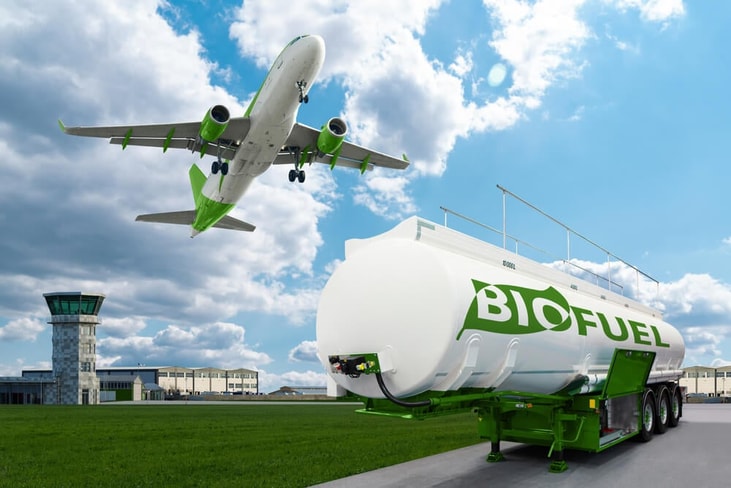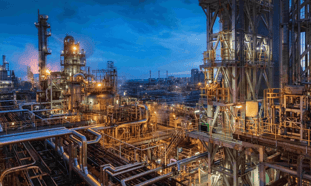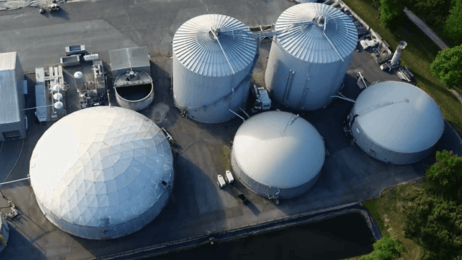TotalEnergies and Sinopec sign SAF agreement
TotalEnergies and China Petroleum and Chemical Corporation (Sinopec) have signed a Heads of Agreement (HoA) to develop jointly a Sustainable Aviation Fuel (SAF) production unit at Sinopec’s refinery in China.
The jointly owned planned unit will have capacity to produce 230,000 tonnes of SAF per year, and will process local waste or residues from the circular economy (cooking oils and animal fats).
Sinopec developed SRJET, its own SAF production technology, back in 2009 and produced biojet fuel two years later, which was successfully tested in flight in 2013. It received airworthiness certification in 2014.
TotalEnergies, one of Europe’s leading SAF producers, will bring its experience and expertise in the technical, operational and distribution fields.
... to continue reading you must be subscribed
























